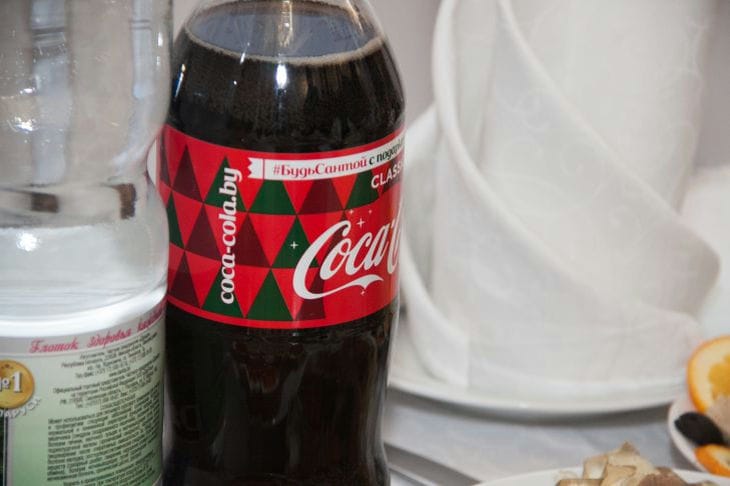Taking medications is an important part of treating many diseases.
However, not everyone thinks about what they wash down their pills with.
Carbonated drinks, so popular these days, can cause serious problems when interacting with medications. Why does this happen?

Effect on stomach acidity
Carbonated drinks are usually highly acidic. This can alter the pH balance of the stomach, which in turn affects the dissolution and absorption of medications.
Some medications require a certain acidity level to be properly absorbed, and carbonated drinks can disrupt this process.
Interaction with active substances
Components of carbonated drinks can enter into chemical reactions with the active substances of drugs.
This can lead to the formation of new compounds that either reduce the effectiveness of the drug or cause unwanted side effects.
Acceleration of absorption
Carbonated drinks can speed up the absorption of some medications into the bloodstream.
This is especially dangerous for drugs with prolonged action, as it can lead to an overdose or too rapid onset of effect.
Slowing down the elimination
Some components of carbonated drinks can slow down the elimination of drugs from the body. This increases the risk of the drug accumulating in the body and can lead to undesirable consequences.
Effect on the liver
The liver plays a key role in drug metabolism. Carbonated drinks, especially those containing caffeine, can affect liver enzymes, changing how quickly and how well medications are processed.
Electrolyte imbalance
Many sodas contain large amounts of sugar or artificial sweeteners. This can disrupt the body's electrolyte balance, which is especially dangerous if you're taking certain medications, such as diuretics or heart medications.
Interaction with calcium
Carbonated drinks, especially those containing phosphoric acid, can affect the body's absorption of calcium. This can be critical when taking medications that contain calcium or affect its metabolism.
Risk of allergic reactions
The colors and flavors in soda can cause allergic reactions, especially when combined with certain medications. This increases the risk of unwanted side effects.
Effect on the gastrointestinal tract
Carbonated drinks can irritate the lining of the stomach and intestines. When combined with certain medications, this can increase their negative impact on the digestive system.
Masking of symptoms
In some cases, soda can mask the side effects of medications, such as nausea or heartburn. This can cause a person to miss important signals from the body that they are not responding properly to the drug.
Impact on antibiotic efficacy
It is especially dangerous to drink soda with antibiotics. The acidity and sugar in the drinks can significantly reduce the effectiveness of these important medications, leading to incomplete treatment of the infection.
Alternatives to soda
The best option for washing down medications is clean water at room temperature. It does not react with the drugs and promotes their proper absorption.
In some cases, your doctor may recommend taking your medication with milk or juice, but this should always be discussed with your healthcare professional.
The Importance of Consulting a Doctor
Before taking any medication, you should carefully read the instructions and consult your doctor or pharmacist.
They can provide precise recommendations for taking medications, taking into account the individual characteristics of the patient and possible interactions with other substances.








